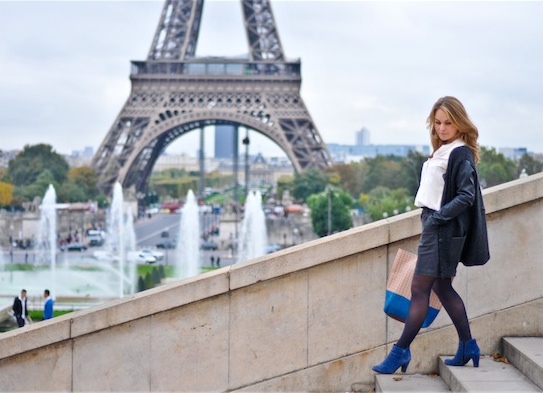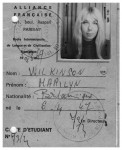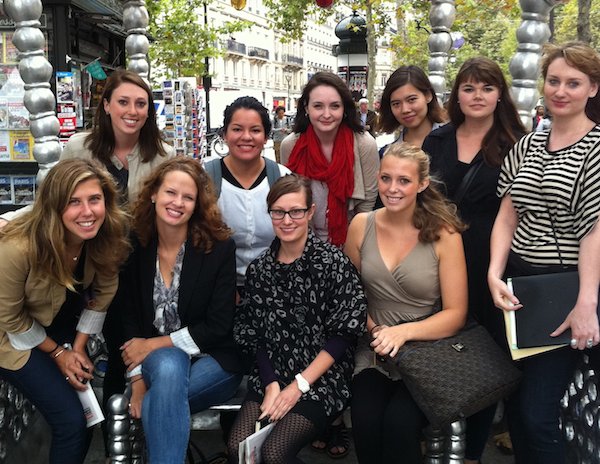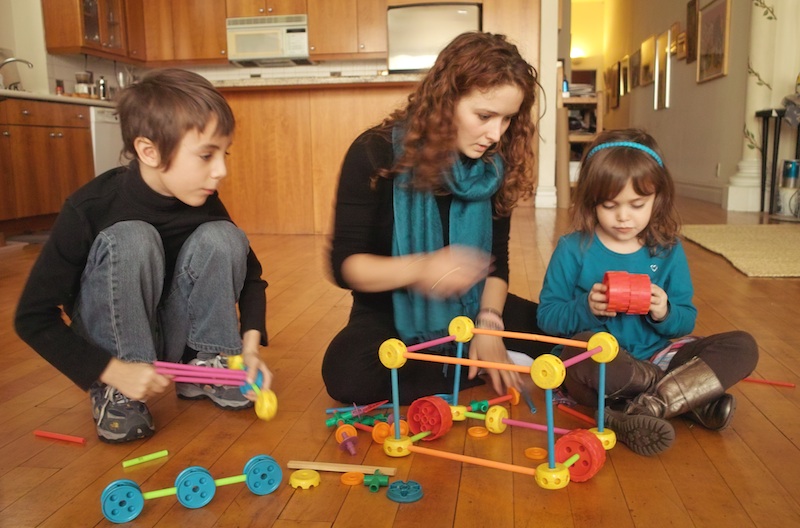An American in Paris: How to Be an Au Pair
Even before the 1920s, America’s love affair with Paris had never faltered. Writers, artists, musicians, film makers and rich socialites were drawn to the City of Light in ever increasing numbers to experience the unique culture and beauty of a city like no other. After the end of World War II, it was not only African-American jazz musicians who flocked to Paris for a newfound freedom, but also young white Americans as the concept of the au pair took root.
After the war, a seismic change had occurred as the attraction of being a uniformed servant no longer held the same appeal, and so the au pair, meaning “on par”, or equal, was born. An au pair would live with the family, as an integral part of the family, and most importantly, as an equal.
Now 70 years later, the attraction and benefits of being an au pair have never lessened. You get to experience a new culture, speak a new language, and challenge yourself outside your normal comfort zone. It’s not only educational and life enhancing, but also adventure that will stay with you for the rest of your life.
It may not be for the faint hearted, however; you will need a certain amount of resilience, a genuine desire to make the most of your host country and be enthusiastic to learn the language and culture, and have a real desire to live your time in Paris to the full, embracing each new experience to the optimum.
However, that does not mean accepting the first job you find, be it from an agency or online.
DO YOUR HOMEWORK!
As an American and not a European applicant, the main difference is that you will have to get an au pair visa which enables you to stay in France as an au pair and study 10 hours per week; this study is mandatory for obtaining a visa. It is often advisable to go through an agency which guides you through the process, and for your (and no doubt, your parents’) peace of mind, match you up with a suitable family. Most importantly, the agency can provide back-up for when you arrive in Paris.
Au Pair Paris, was the brainchild of Susan Horton in New York and her former au pair Sylvie Confiac in Paris. They had remained friends long after Sylvie had returned to Paris, and years later in 2008, they decided to set up their agency and program for Francophiles to go to Paris for “cultural exchange, international experience and enduring relationships.”
Au Pair Paris, for a fee of $250, provides a comprehensive service which includes: guidance through the application and visa process (visas costing in the region of $200) including French notarized translation of your diploma; a caring approach to matching the au pairs with the right family; guidance and support in obtaining a recognized European diploma; but perhaps most importantly, follow-up and assistance in France including introductions and get togethers with other au pairs in Paris.
This can be crucial to combat homesickness and loneliness. America can seem a very long way away if you don’t have friends to share your experiences with.
In Paris, Sylvie visits each family and checks out the au pair’s room and ensures that host families follow the regulations. Sylvie remains available all year to cope with any problems.
So what makes a good au pair?
In her Skype interviews with prospective au pairs, Susan Horton says she is looking for, “a high level of maturity; they should be responsible, organized, curious, smart and flexible, and of course, they must like children!” A basic level of French is also expected. Most of Susan and Sylvie’s au pairs are gap year students, working from September until July.
An au pair (and they are not just female) is expected to work 30 hours per week with 10 hours of study. Duties are mainly taking the children to and from school, or occupying them at home with some light household duties.
In return, the host family pays them a stipend of 90 euros per week, provides full board and a private bedroom. The host family also pays the 200 euros a month social security and provides a 90 euro per month travel pass and paid vacation.
As a former au pair myself, (albeit many, many years ago), I cannot recommend the experience enough. It left me with an abiding love of Paris, lifelong friendships and another language skill.
Walking in the Paris footsteps of such literary greats as Ernest Hemingway only confirms the author’s belief that Paris really is a “moveable feast,” and after your stay, you can take it with you.
Memories of Paris never leave you and can only enrich the rest of your life.
Lead photo credit : courtesy of Au Pair Paris






